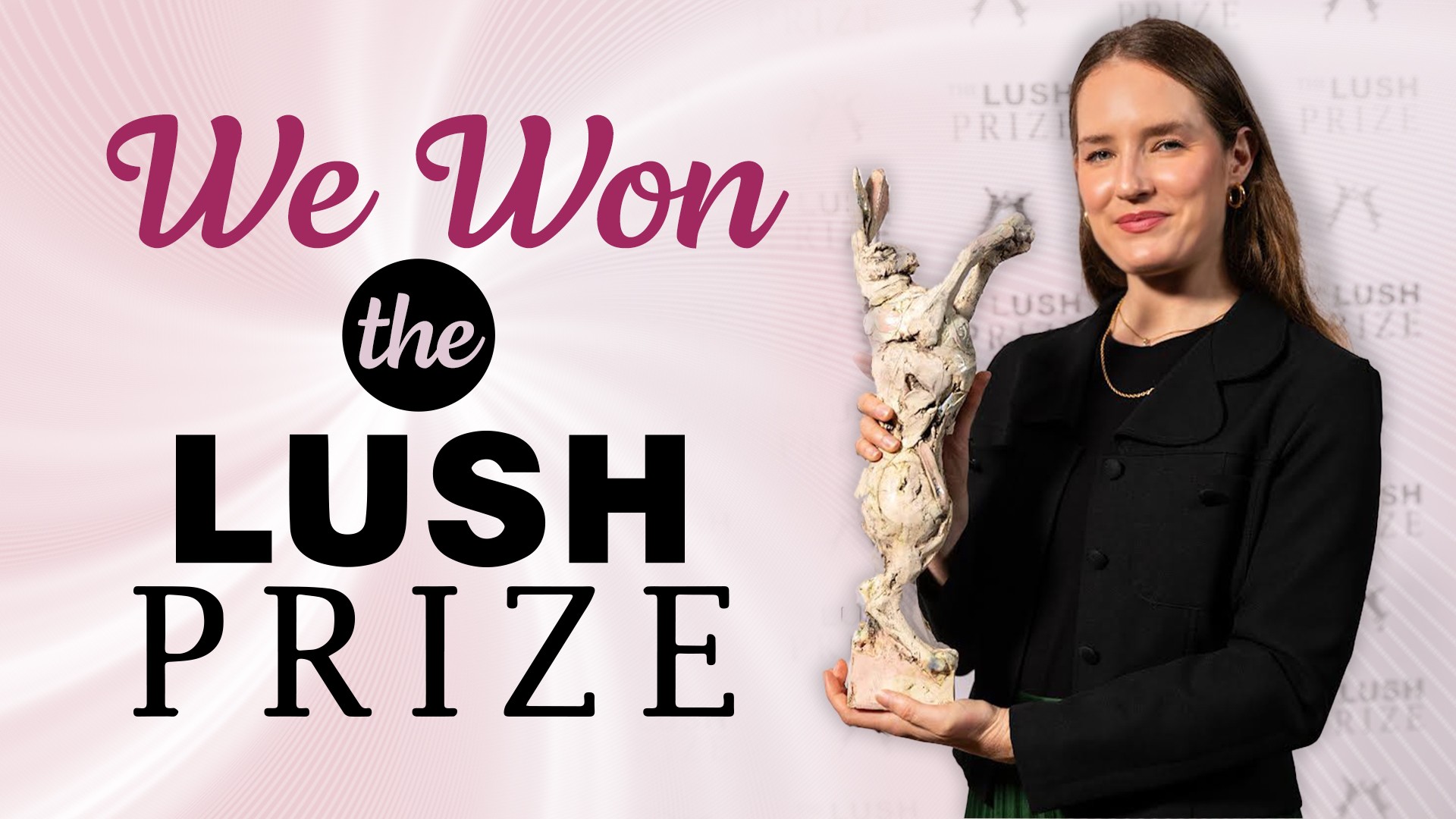Illuminating and Addressing Animal Methods Bias
Please visit our website for more information: AnimalMethodsBias.org!
Animal methods bias is the preference for animal-based research methods or the lack of expertise to adequately evaluate nonanimal methods. Animal methods bias can affect the quality or fairness of nonanimal research assessments, including peer reviews of manuscripts and grant applications. In publishing, animal methods bias can cause delays in publication or force authors to publish in lower impact journals. It may also lead early-stage researchers to pursue animal methods because of the impression that they must do so in order to publish and progress their careers.
There is a growing consensus among researchers, policymakers, and regulators that advancing the development and use of innovative nonanimal research methods is essential for improving biomedical translation and reducing and replacing the use of animals in science. Nonanimal research approaches are becoming a crucial tool for biomedical research and drug development because they can mimic complex human physiological states and therapeutic responses, and are increasingly effective and accessible, while offering the ability to replace animals in many applications. Despite these advantages, acceptance of these methods has been slow and uptake has been slow due to a variety of barriers, including animal methods bias. Illuminating and addressing animal methods bias is therefore crucial for reducing barriers for researchers using nonanimal approaches and for advancing the important shift away from animal use in biomedical research and testing.
Following an April 2022 workshop that gathered stakeholders from publishing, academia, industry, government, and non-governmental organizations to discuss animal methods bias in scientific publishing, a coalition was formed to develop strategies to address this phenomenon. The Coalition to Illuminate and Address Animal Methods Bias (COLAAB) is an international coalition of researchers and advocates led by the Physicians Committee for Responsible Medicine and including representatives from the Berlin Institute of Health at Charité, the Center for Alternatives to Animal Testing at Johns Hopkins Bloomberg School of Public Health, Utrecht University, York St John University, Centre for Human Specific Research, Humane World for Animals, People for the Ethical Treatment of Animals, Replacing Animal Research, as well as independent scholars.
Learn More: COLAAB-orative Effort Led by Physicians Committee Wins Lush Prize
Mitigating Animal Methods Bias
Within the COLAAB, the Mitigation Working Group aims to (1) develop and implement tools and tactics to mitigate animal methods bias and (2) engage journals, funders, institutions, editors, authors, and early-career researchers about this issue. This group has developed the Author Guide for Addressing Animal Methods Bias in Publishing, which contains information that researchers may use during study design, during manuscript preparation and submission, and during peer review to avoid or address reviewers’ potential animal methods bias. The Author Guide has been converted to a living resource containing comprehensive, up-to-date resources for authors.
Building Evidence
The Evidence Working Group aims to (1) collect and analyze data and evidence about animal methods bias and (2) describe animal methods bias and its causes, impacts, and importance to the broader scientific community. This group conducted an initial survey to assess authors’ experiences and perceptions of animal methods bias during manuscript peer review establishing preliminary evidence of this bias. Currently, they are conducting a follow-up survey as well as an analysis of animal use in publications to further demonstrate evidence of animal methods bias and its practical impacts on biomedical research.
COLAAB Publications
Krebs CE, Geissler S, Herrmann K, et al. Exploring animal methods bias in biomedical research funding: Workshop proceedings and action steps. NAM Journal. 2025;1:100004. https://doi.org/10.1016/j.namjnl.2024.100004”
Krebs CE and Herrmann K. Confronting the bias towards animal experimentation (animal methods bias). Frontiers in Drug Discovery. 2024 (4). https://doi.org/10.3389/fddsv.2024.1347798
Kavanagh O and Krebs CE. Mitigating animal methods bias to reduce animal use and improve biomedical translation. Science Progress. 2024;107(2). https://doi.org/10.1177/00368504241253693
Krebs CE, Camp C, Constantino H, et al. Author Guide for Addressing Animal Methods Bias in Publishing. Advanced Science. 2023, 2303226. https://doi.org/10.1002/advs.202303226
Krebs C, Lam A, McCarthy J, Constantino H, Sullivan K. A survey to assess animal methods bias in scientific publishing. ALTEX - Alternatives to animal experimentation. 2023. https://doi.org/10.14573/altex.2210212
Krebs C, Camp C, Constantino H, et al. Proceedings of a workshop to address animal methods bias in scientific publishing. ALTEX - Alternatives to animal experimentation. 2022. https://doi.org/10.14573/altex.2210211
Get More Involved
For inquiries or comments, to get more involved, or to tell us about your personal experience with animal methods bias, contact us at info [at] animalmethodsbias.org (info[at]animalmethodsbias[dot]org).
Join our mailing list to stay up to date on COLAAB events and news. Your information will not be shared outside of these purposes.





